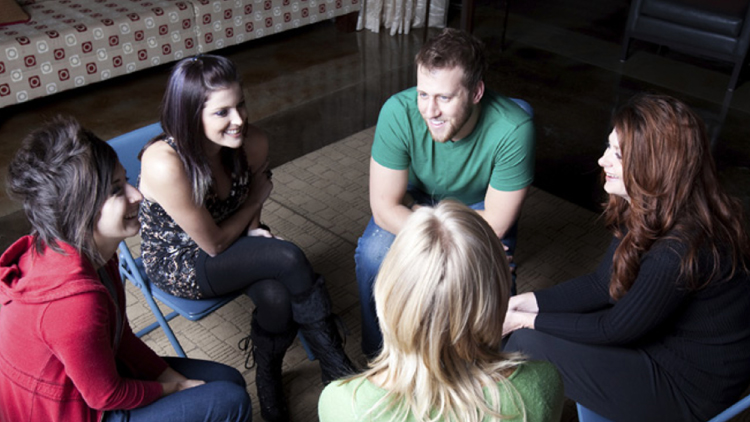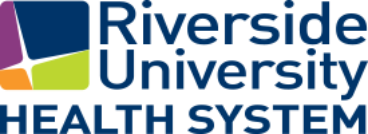LOCAL BEST PRACTICES
DESERT SANDS UNIFIED SCHOOL DISTRICT
Tori St. Johns, from the Student Assistance Program at DSUSD, highlighted the importance of partnerships to connect students and families to resources for substance use. For example, DSUSD has worked with RUHS-Behavioral Health’s Friday Night Live program to involve youth in substance use prevention efforts. DSUSD has partnered with FNL for 38 years.
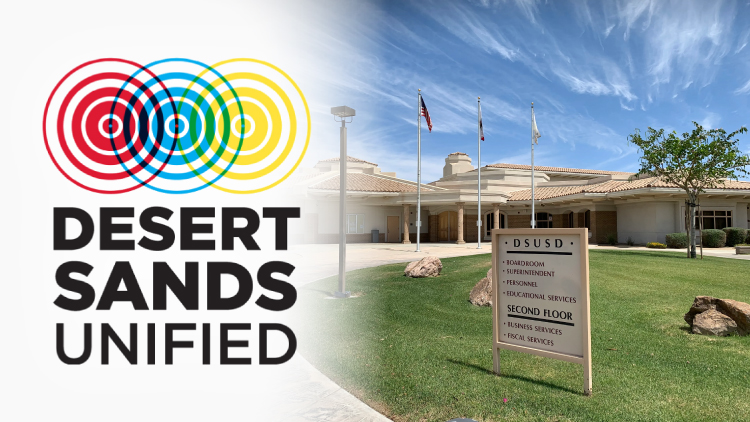
BARRIERS
Some of the barriers Tori has faced with substance use education is the length of time spent interacting with students on these topics. Some best practices Tori has noticed are some schools have "office hours" where one period a week students can choose to catch up on course work or attend counseling, among others. It’s helpful when there is a dedicated time for students to engage with substance use curriculum, instead of reducing the content to meet short time frames, such as during lunch.
Brief Risk Reduction Interview and Intervention Model (BRRIIM) is a "really important tool to use" because it gives insight to strengths and challenges a student might be facing. It’s an assessment tool "anyone can use", and it involves parents (when possible), which is a "powerful piece".
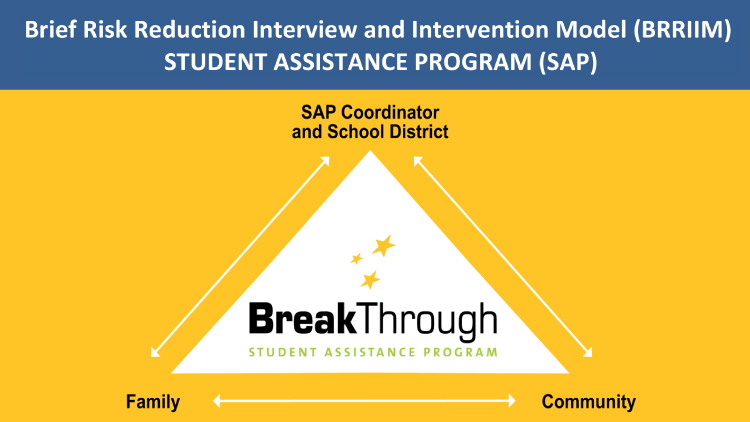
Source: NPN Conference
BEST PRACTICES
- Office Hours - One period a week, students can dedicate time to catch up on course work, attend substance use prevention trainings, or attend counseling.
- Friday Night Live - DSUSD partners with Friday Night Live. The program brings a lot of "fun to the campus", and leadership opportunities for youth to become more involved in the community.
- Naloxone: Tori encourages schools to obtain naloxone and provide trainings, as "with fentanyl you don’t have time to wait for ambulance to get there", and ultimately, with naloxone you are “saving lives.”
- Culturally Competent Resources - Culturally competent resources are essential for this work. Working with partners and organizations from community groups who reflect the culture or background of the target population.
- Lived Experiences - Partner with individuals with lived experience with substance use as it is "more authentic and students and families respond to that".
- Tori’ s parting words from her experience at DSUSD is that "it’s important that we talk about it, be real and authentic, because kids know if you are authentic or not".
RUHS - BEHAVIORAL HEALTH’S SUBSTANCE ABUSE AND PREVENTION PROGRAM TEAM (SAPT)
SAPT provides free substance use prevention and intervention services to school districts by providing on-campus Behavioral Health Specialists.
Students do not need to have an identified substance use need to receive services from SAPT. There are two tracks for students:
- Prevention - when the student does not meet medical necessity according to DSM-5 diagnostic criteria and treatment.
- Treatment - when the student meets DSM-5 diagnostic criteria and placement, and services are assigned according to medical necessity.
There is no cost for school districts to have Behavioral Health Specialists on-campus. For the student and families, there is also no cost for prevention services from SAPT. If a need for treatment is identified for a student, there is a sliding fee scale based on ability to pay, as well as Medi-Cal payment options.
Treatment services range from:
- Early intervention
- Intensive outpatient
- Outpatient treatment
- Recovery services
- Medication assistant treatment
Goals align with school districts.
Services focus on addressing behavioral risk factors that can influence students academically, socially, and emotionally. Services are in-person and require an office space for Behavioral Health Specialists to meet with students to ensure confidentiality.
If your school is interested in learning more, contact FNL@ruhealth.org.
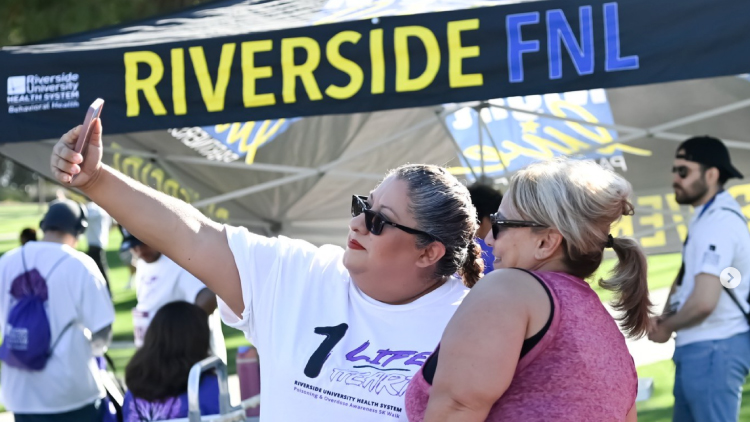
FRIDAY NIGHT LIVE (FNL)
Friday Night Live is no cost to the school district.
Friday Night Live (FNL) is a peer led, youth development program for 4th to 12th grades. FNL focuses on deterring youth from the use of alcohol, tobacco and other drugs while providing them with opportunities to be active leaders and resources in their communities.
If your campus doesn’t have a chapter, start one now! Contact FNL@ruhealth.org for more information.
For more information on Friday Night Live, you may visit www.fridaynightlive.org
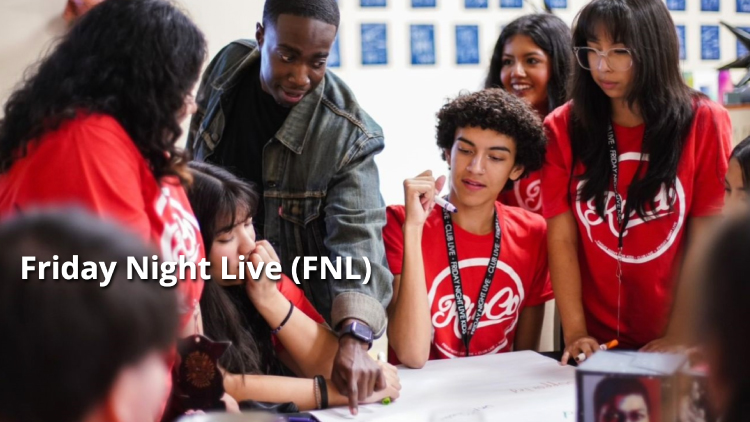
BRIEF RISK REDUCTION INTERVIEW AND INTERVENTION MODEL (BRRIIM)
Motivational Interviewing
BRRIIM is structured as a three-stage Motivational Interview. BRRIIM combines two evidence-based Center for Substance Abuse (CSAP) strategies: Problem Identification and Referral and Education. The process identifies the individual and family strengths and resources then customizes the prevention plan to meet their needs and priorities. Note that BRRIIM is not a check off list, a "prestep" to treatment, a treatment or "after-care" plan. It is a comprehensive screening process that creates dialogue and mediates between Participant / Family and Provider.
Implementation
The BRRIIM Manual is a scripted, step-by-step guide for the interview. Background material included in the manual is reflective of the system using it. Two instruments are included and can be customized to the setting: 1) BRRIIM Interview Form for Youth Participants (Elementary, Middle - High School, Young Adult and Adult) and 2) BRRIIM Plan "A" Form. Additional materials are available when requested: BRRIIM Pre and Post interview surveys, Sample Brochures, Fidelity Instrument.
